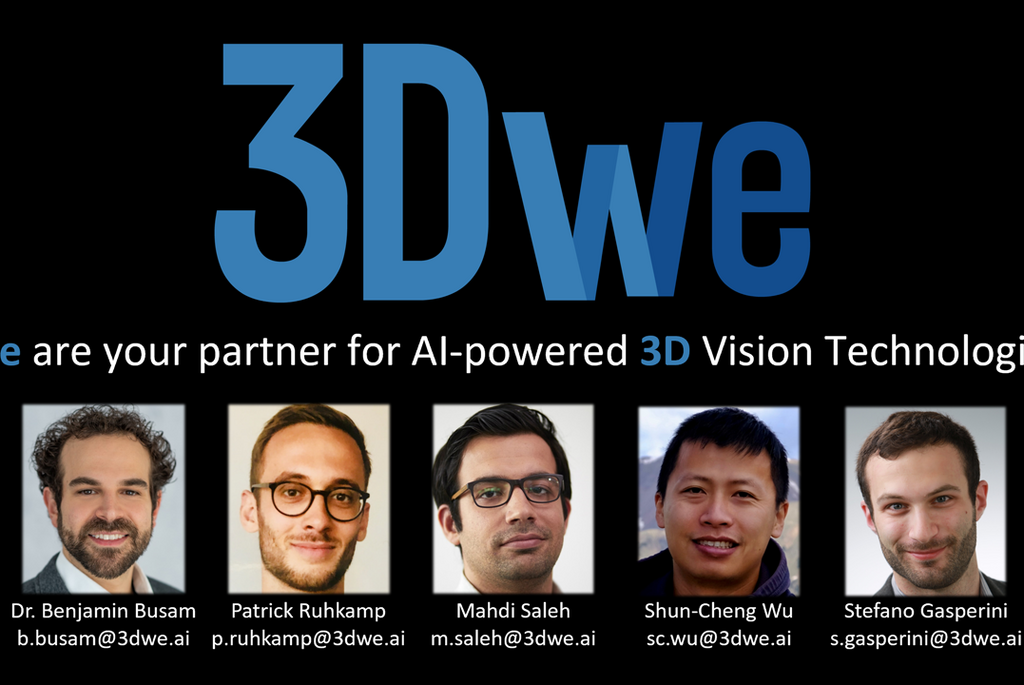
"Skin cancer is the most common cancer worldwide. One in five people develops the disease by the age of 70, and more people are diagnosed with skin cancer each year than with all other cancers combined. When detected early, the survival rate is with 99% astonishingly high. This requires regular medical check-ups. However, the centralised medical expertise in urban areas hampers access to specialised diagnoses and treatment for many patients.
M3DICA provides the necessary tool to overcome this boundary and helps to increase early detection significantly. AI-driven computer vision technology creates a tool to extract and objectively evaluate patient tissue using a commodity camera. The telemedical digital twin allows physician-patient interaction despite geographic distance. And the dermatologist can focus on what matters most - the patient - no matter where she lives.
Due to the ageing society, the number of melanoma deaths is expected to increase by 6.5% in 2022, which can be decreased with early detection. The local growth of the tissue plays an essential role in diagnosis; this inherently requires 3D analysis. A digital copy of the skin is acquired via smartphone and sent securely to the dermatologist making it possible to conduct accurate examination and diagnosis remotely. Aside from melanoma staging, wounds can be measured, motion ranges analysed, physiotherapy interventions applied, and pain sources localised, all with the exact 3D digital twin. Moreover, the data in silico democratises access to healthcare where specific medical expertise is rare - without the need for long travels.
Our interdisciplinary founding team has worked together since 2015 and brings translational expertise from research into products from joint positions in industry. Their combined knowledge of biomedical computing, 3D computer vision and AI is the key element to enabling the technical and commercial success of M3DICA."
Contact: benjamin.busam@gmail.com
